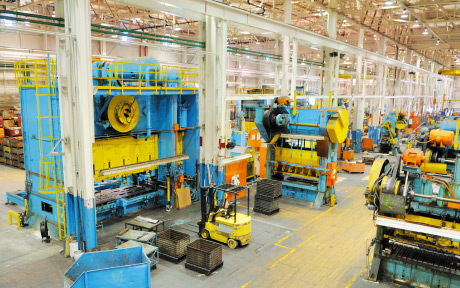Low Productivity Growth: The Capital Formation Link

A major economic concern is the ongoing sluggishness in the growth of output per worker hour, generally called labor productivity. In an arithmetic sense, the growth of the economy can be accounted for by the increase in hours worked plus that of labor productivity. With the unemployment rate now at a level widely regarded as near “full employment,” growth in hours worked is likely to be limited by demographic forces, most importantly the very limited expansion of the working-age population. If productivity growth also remains low, the sustainable pace of increase of real GDP will be limited and remain noticeably lower than historic norms.
A Discussion of Thomas Piketty’s Capital in the Twenty‑First Century: Does More Capital Increase Inequality?
My aim in the second post of this series on Thomas Piketty’s Capital in the Twenty-First Century is to talk about the economist’s research accomplishment in reconstructing capital-output ratios for developed countries from the Industrial Revolution to the present and using them to explain why wealth inequality will rise in developed countries.
Crisis Chronicles: The Collapse of the French Assignat and Its Link to Virtual Currencies Today
In the late 1700s, France ran a persistent deficit and by the late 1780s struggled with how to balance the budget and pay down the debt.
Why Hasn’t the Yen Depreciation Spurred Japanese Exports?
The Japanese yen depreciated 30 percent from its peak in the fourth quarter of 2011 against its trading partners.











 RSS Feed
RSS Feed Follow Liberty Street Economics
Follow Liberty Street Economics